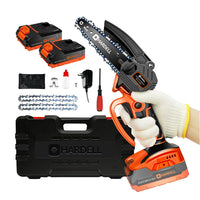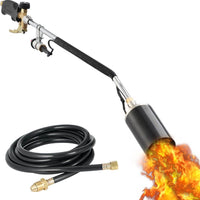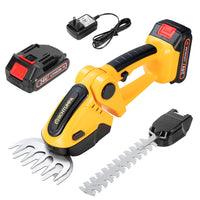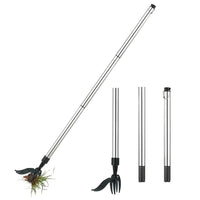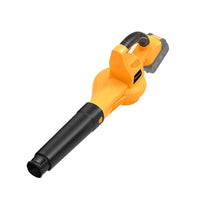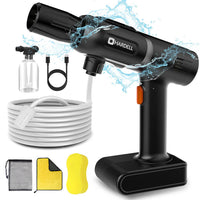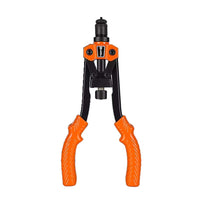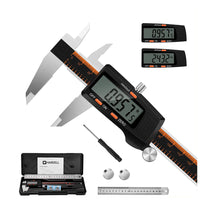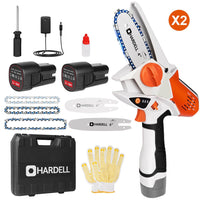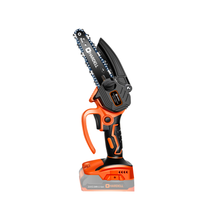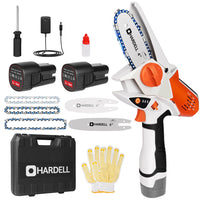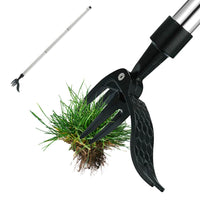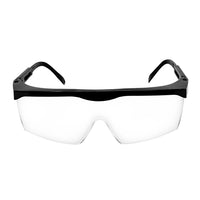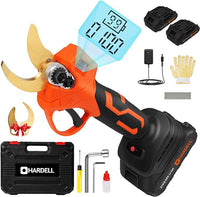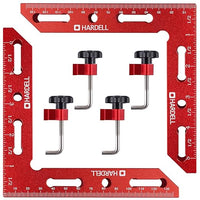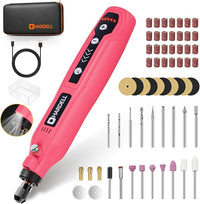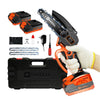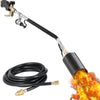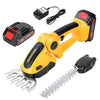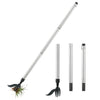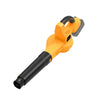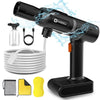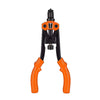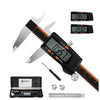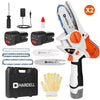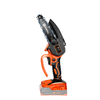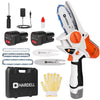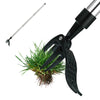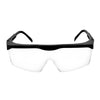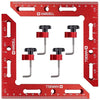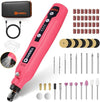The Ultimate Guide to Buying a Rotary Tool

Are you in the market for a new rotary tool? If so, you’ve come to the right place. A good quality rotary tool can be an invaluable addition to any workshop, allowing you to tackle a wide range of tasks with ease and accuracy. From cutting through hard materials like plastic and metal to sanding and polishing delicate surfaces, there are countless applications for this versatile piece of equipment. But before purchasing your own cordless rotary tool, it’s important to consider several key factors that will help ensure you make the best choice possible. In this guide, we’ll cover everything from power output and speed settings to features such as variable speeds and dust collection systems—all designed to give you a comprehensive overview of what makes up the perfect cordless rotary tool for your needs. We'll also discuss safety considerations when operating these tools along with some helpful tips on how to get more out of your purchase over time.
Things To Consider Before Buying a Rotary Tool
When looking for the best rotary tool, there are several key factors you should consider before making your final decision.
Type of Work
The type of work you are doing will help determine the type of best cordless rotary tool you need. If you are working with heavier materials such as wood, metal, and plastic, then a more powerful unit may be required. For tasks that require precision such as engraving or etching, then a smaller, lighter model may suffice.
Power & Speed
Rotary tools come in a variety of power and speed settings, ranging from as low as 3 amps up to 5 amps or more. The higher the power output, the larger range of applications you can tackle with your mini rotary tool. Similarly, the ability to adjust speed settings is very useful for certain tasks – such as sanding – where slower speeds are preferred.
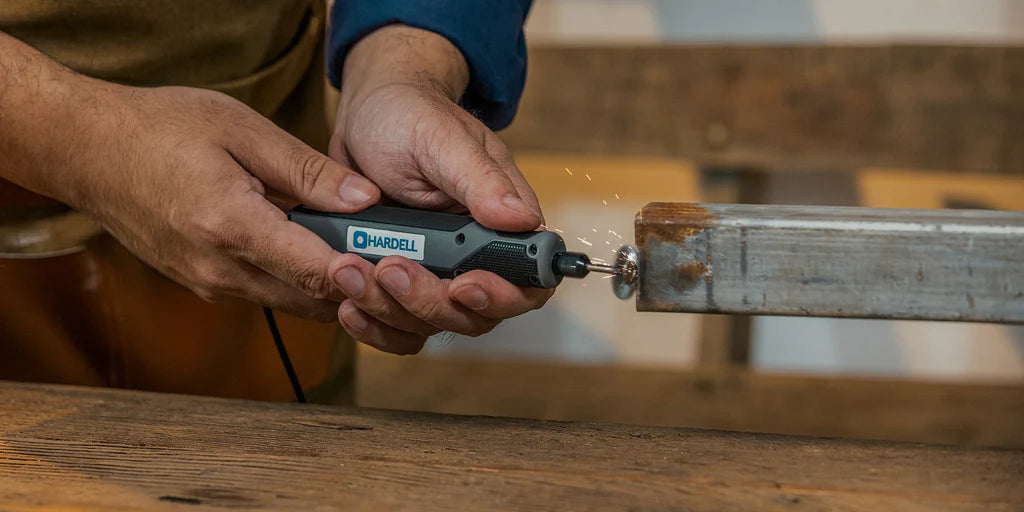
Weight & Handling
The weight and handling of the tool is important for comfort during extended usage. A model that is too bulky or awkward to handle can lead to fatigue and a decrease in productivity. Look for models with ergonomic grips designed to reduce strain on your hands and arms, as well as adjustable handles that help you find just the right fit.
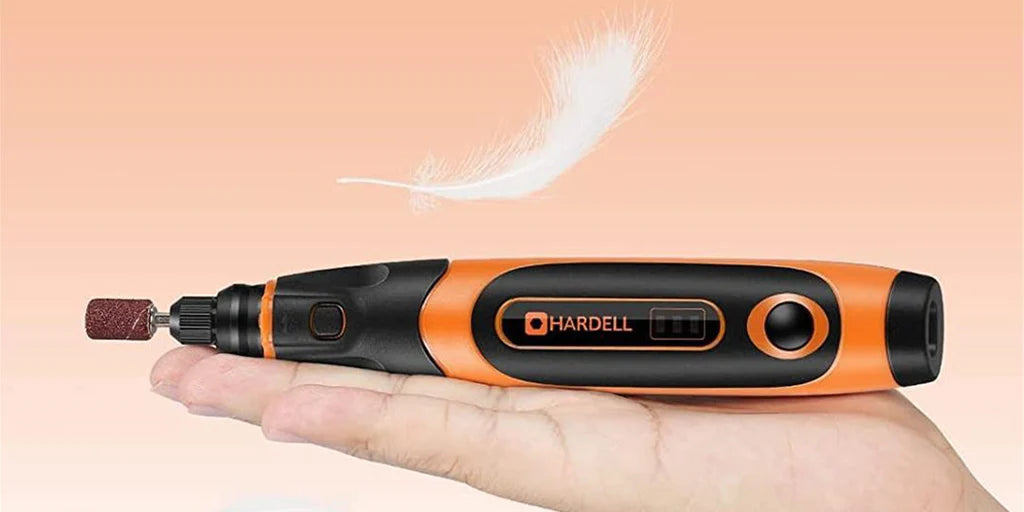
Features & Performance
When shopping for the best rotary tool, look for additional features such as variable speeds, dust collection systems, and quick-change accessories. These can help to extend the life of your tool and make tasks easier to complete. Performance-wise, consider the torque rating and noise level of each model you are considering—the higher the torque rating, the more powerful the tool. Additionally, look for models with low noise levels so that you can work in a comfortable environment.
Rotary Tool Accessories
Rotary tools come with a wide range of accessories, tailored to the type of work you plan to do. Look for models that come with accessories such as cutting discs, sanding drums, and grinding stones—these can be used for almost any task. If you are working on intricate or detailed projects, then extra attachments may be required.
Design & Durability
The design and build quality of the best cordless rotary tool is also important. Look for models with sturdy construction and durable parts that will hold up over time. Additionally, consider the materials used in the body of the tool—plastic handles may not be suitable for heavier jobs, so opt for metal or rubberized grips instead.
Safety Considerations
When operating the best rotary tool, it is important to remember that these tools can be dangerous if not used properly. Be sure to read the manual thoroughly and always wear protective gear such as safety glasses, earplugs, and gloves when using your tool. Also, look for models with built-in explosion prevention systems which help minimize the risk of injury.
Corded or Cordless
You must decide whether you are looking for a corded or cordless rotary tool. Corded models tend to have more power and higher torque ratings, but they can be limited in terms of portability. Cordless versions offer more freedom to move around, but their battery life and power may be reduced compared to their corded counterparts.
Ease of Use
When selecting a rotary tool, it’s important to select one that is easy to use. Look for models with LCD displays or adjustable speed settings so you can easily adjust the power and speed of your tool as needed. Additionally, look for options with quick-change accessories—this allows you to quickly and easily swap out bits without wasting time.
Affordability
Price is another important factor to consider when selecting the best cordless rotary tool. Fortunately, there are many models available in all different price ranges, so you should be able to find a model that suits your budget. However, keep in mind that cheaper tools may not offer the same level of performance as more expensive models.
People Also Asked
Are Rotary Tools Suitable Only for Professional Use?
Rotary tools are multipurpose tools used for drilling and sanding, among other uses. While they can be a bit intimidating to inexperienced users, rotary tools can be used by non-professionals. In fact, these versatile tools offer an array of capabilities that make it possible to do various projects with ease and precision. They come in cordless and corded varieties to provide mobility and speed, as well as drills and cutting heads for a variety of specific tasks. The range of attachments available also allows for the tool's use in a variety of settings, from woodworking and household repairs to professional jobs where skill is required.
Which Professions Use Rotary Tools The Most?
Rotary tools are becoming increasingly popular in a variety of fields, ranging from metalworking to automotive engineering. In fact, they’re even used by hobbyists and DIYers! Standards professionals - think electricians and plumbers - use rotary tools for being able to get into tight spaces for precise cuts, as well as for overall time-savings on projects. The same is true of metalworking professionals like jewelers and locksmiths, who rely on them for often intricate and detailed work that requires accuracy, precision, and repetition. Design professionals like architects and interior designers also find the best rotary tools to be valuable for shaping special angles or creating geometric details in their projects. In all of these professions, a rotary tool can be an essential tool in the professional’s arsenal.
How Powerful a Rotary Tool Do I Need?
When it comes to cordless rotary tools, the amount of power you need will depend largely on the material you plan to work with, as well as the type of job you want to accomplish. If you are planning something more intricate, such as woodcarving or stone engraving, then a higher-powered tool is a must in order to ensure accuracy and quality results. On the other hand, for simply cutting through light materials like sheet metal or plastic, a lower-powered tool is more than sufficient. Therefore, it is important to evaluate your needs carefully prior to making any purchase decisions in order to guarantee that your choice is both correct and cost-effective.
Can I Purchase Separate Attachments for My Rotary Tool?
If you have a rotary tool, you know what an invaluable tool it can be around the house. When you’re in the middle of a project and need to sand something down or change drill bits quickly and easily, having a mini rotary tool at your disposal can make all the difference. The good news is that if your rotary tool does not come with all of the attachments that you need, there are plenty of stores out there where you can purchase new attachments for your existing device. Make sure to pay attention when purchasing, as different rotary tools use different sizes and shapes—any attachment must be compatible with yours in order for it to work properly.
Can I Use Any Rotary Tool for Cutting?
While a rotary tool can be used for cutting, the type of material you are trying to cut will determine which type of rotary tool is best suited. Generally speaking, higher-powered tools are better suited for harder materials like metals and stone, while lower-powered tools are ideal for softer materials like plastics and wood. It is important to consider both the material you are working with as well as the job you need to be done before selecting the best rotary tool, in order to guarantee optimal performance.
